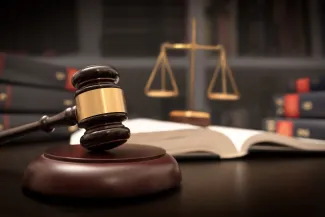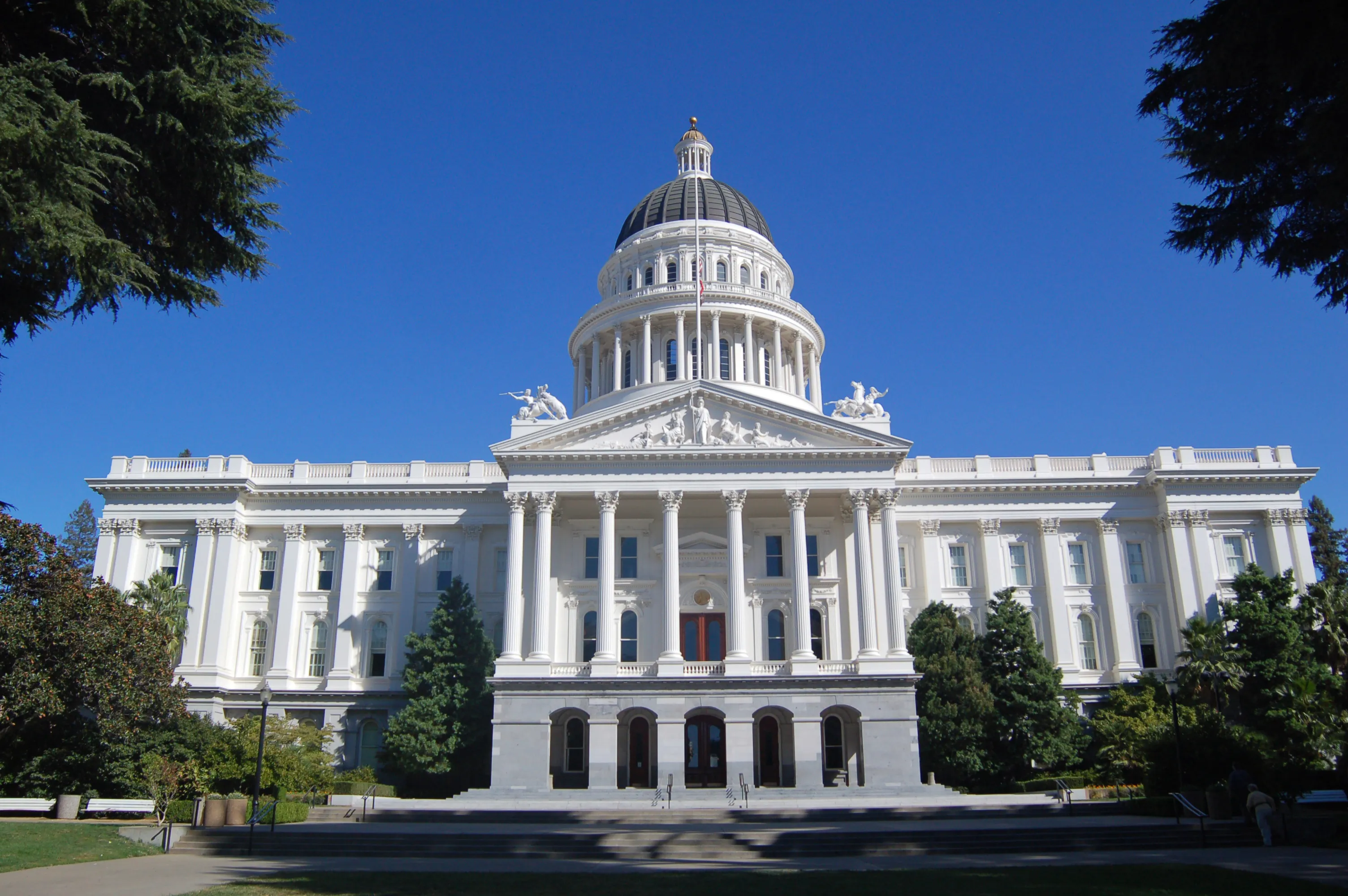
Cox vetoes bill that would have given governor power over appointing Utah chief justice
Utah Governor Spencer Cox vetoed a controversial bill Tuesday that would have given him the power to appoint the chief justice of Utah’s Supreme Court.
Sponsored by Senator Chris Wilson, R-Logan, SB296 was one of a handful of judicial reform bills proposed by lawmakers during the 2025 General Session. It would have required the chief justice to be appointed by the governor and confirmed by the Senate, then reappointed every four years.
Currently, the chief justice is elected by the Supreme Court’s five members.

© iStock - gnagel
Wilson, the Senate’s Majority Whip, said it would have allowed for more public input in the selection of the chief justice, who leads the state’s Judicial Council, the policy-making body for the judiciary. The bill also had support from House Speaker Mike Schultz, R-Hooper, and Senate President Stuart Adams, R-Layton.
But critics, including the Utah State Bar, worried the bill would erode the judiciary’s independence, making the Supreme Court hesitant to go against the will of the governor or the Legislature. During the session, Utah Supreme Court Justice Paige Petersen told her colleagues during a Judicial Council meeting that they should work to “kill this silly bill.”
“There’s absolutely no reason for (the governor and the Senate) to be meddling in how we pick the chief justice,” she said.
After weeks of contention between the judiciary and Legislature, lawmakers decided to abandon three other controversial judicial reform bills. A relieved Judicial Council and Utah State Bar then shifted to a neutral stance on SB296.
Cox said that no one from the judiciary asked for the veto, and that the groups maintained their neutrality. In a letter explaining the decision to Schultz and Adams, the governor wrote that the prospect of having more power over the Utah Supreme Court was tempting, “but just because I can, doesn’t mean I should.”
Ultimately, it wasn’t the appointment that made Cox wary — if all the bill did was shift the selection of chief justice to the governor and require confirmation by the Senate, Cox said that’s “something I could support.”
Instead, it was the four-year reappointment process that gave the governor heartburn. Cox called it “a very meaningful and problematic additional step.”

“This means that, unlike the selection of the Chief Justice of the U.S. Supreme Court, the Chief Justice of the Utah Supreme Court would be required to go through a political appointment, a Senate confirmation committee, and full Senate confirmation processes every four years,” Cox wrote.
In a joint statement Tuesday afternoon, Schultz and Adams said Cox’s decision “undermines that good-faith compromise” between the Legislature and judiciary that ultimately led to lawmakers abandoning the other bills, and the Judicial Council and Utah State Bar taking a neutral position.
“Through meaningful dialogue with the Judiciary — particularly with Chief Justice Durrant — we did not proceed with many bills during the session,” their statement reads. “ We will work with our chambers to determine the best path forward. The Legislature remains firm in its commitment to improve transparency, efficiency, and integrity within all branches of government to ensure we’re responsive to and representative of the people in our state.”
On Tuesday, the Utah State Bar commended Cox for vetoing the bill that, despite taking a neutral position, they worried would have “compromised the independence of the judiciary and disrupted the critical balance among the branches of government.”
“Governor Cox’s decision to veto SB296 demonstrates a thoughtful exercise of executive restraint and a deep respect for the constitutional principles that underpin our democratic system,” said Elizabeth Wright, executive director of the Bar. “By rejecting this bill, the governor has affirmed the importance of an independent judiciary and preserved the checks and balances that are essential to good governance.”

















